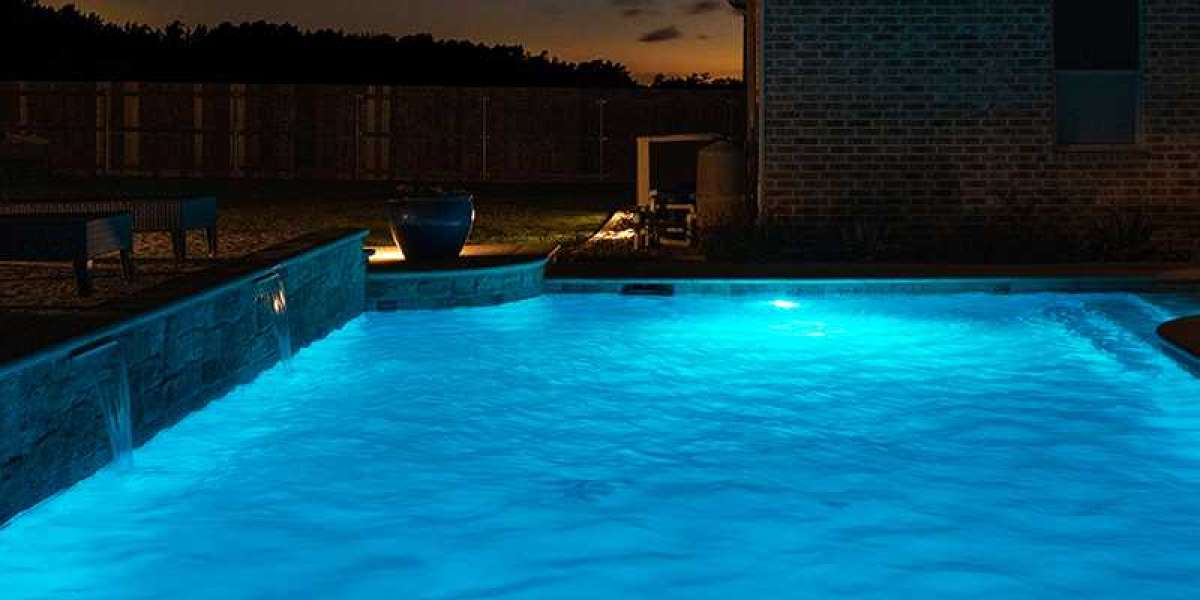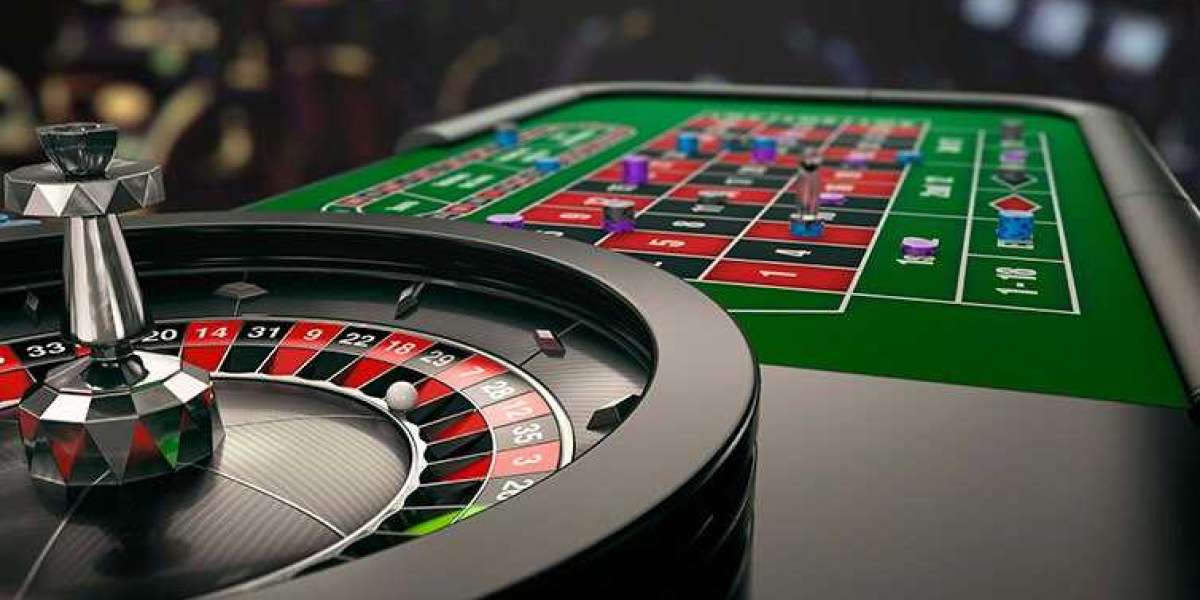See More Can I control the LED strip lights on my RV awning remotely?
1. Is There Water Behind the Lens?
One common issue that can cause a pool light to malfunction is the presence of water behind the lens. If you suspect this is the problem, start by removing the fixture. Dry the light fixture and reassemble it with a new LED bulb. Ensure that the gasket is tightly secured. If tiny bubbles form, it means the gasket hasn't been properly installed. If the light still doesn't work, inspect the lens for any signs of holes, leaks, or warping.
2. Is The GFCI Outlet Working?
If the lens seems fine, the next step is to check the ground fault circuit interrupter (GFCI) outlet. Look out for a red button on the outlet, as this indicates that no electricity is reaching the light. Also, inspect the breaker, fuse, and any associated switches to make sure that they are all turned on.
See More LED Lights: An Energy-Efficient Lighting Solution
3. Has The Bulb Burnt Out?
The most common culprit for a pool light not working is a broken or burnt-out bulb. Luckily, replacing the bulb is usually a simple fix. Follow these steps:
- Shut off the breaker and all power switches.
- Remove the lens and the bulb.
- Replace the bulb with a new LED bulb.
- Turn the light on and test if it works.
- Place the bulb underwater to check for air leaks.
- If everything works, reassemble the fixture.
If the problem persists, it could be due to a defective bulb. Try switching it out for another one and test it again. If the light still doesn't work, move on to the next step.
4. Check To See If The Threaded Screw Receiver Is Stripped
For older model pool lights, the screw hole can break and no longer hold the light fixture in place. In this case, you can insert a light wedge to secure the fixture. If the fixture isn't held securely, water may leak into it and damage the light cord conduit. If this conduit is damaged, it will need to be sealed.
Why Is My Pool Light Not Working? When It's Time to Call a Professional
If you've tried all the troubleshooting steps above and the pool light still isn't working, it's time to seek professional help. BPS Pools, The Backyard Pool Specialists, are experts in pool equipment repairs, as well as pool cleaning and maintenance. Based in Texas, they will ensure your pool light is back in working order so you can enjoy your nighttime swims once again.
See More Guide to Installing LED Strip Lighting: A Seamless Approach
Frequently Asked Questions
Q: Why is it important to fix an inground pool light that isn't working?
A: A working pool light not only enhances the aesthetic appeal of your pool but also increases safety by providing visibility at night. Fixing it promptly ensures you can enjoy your pool to the fullest.
Q: Can I replace the pool light bulb with a different type of bulb?
A: It is recommended to replace the pool light bulb with an LED bulb. LED bulbs are energy-efficient, long-lasting, and provide excellent illumination.
Q: How often should the pool light bulb be replaced?
A: The lifespan of a pool light bulb varies depending on usage and quality. On average, an LED pool light bulb can last between 30,000 to 50,000 hours, while traditional incandescent bulbs may need replacing every 1-3 years. Regular inspection and maintenance will help determine when it's time for a replacement.
Q: What should I do if the pool light continues to have issues after trying all the troubleshooting steps?
A: If you have exhausted all troubleshooting options and the pool light is still not working, it is best to consult a professional pool technician. They have the expertise and specialized equipment to identify and repair any underlying electrical or wiring problems.








